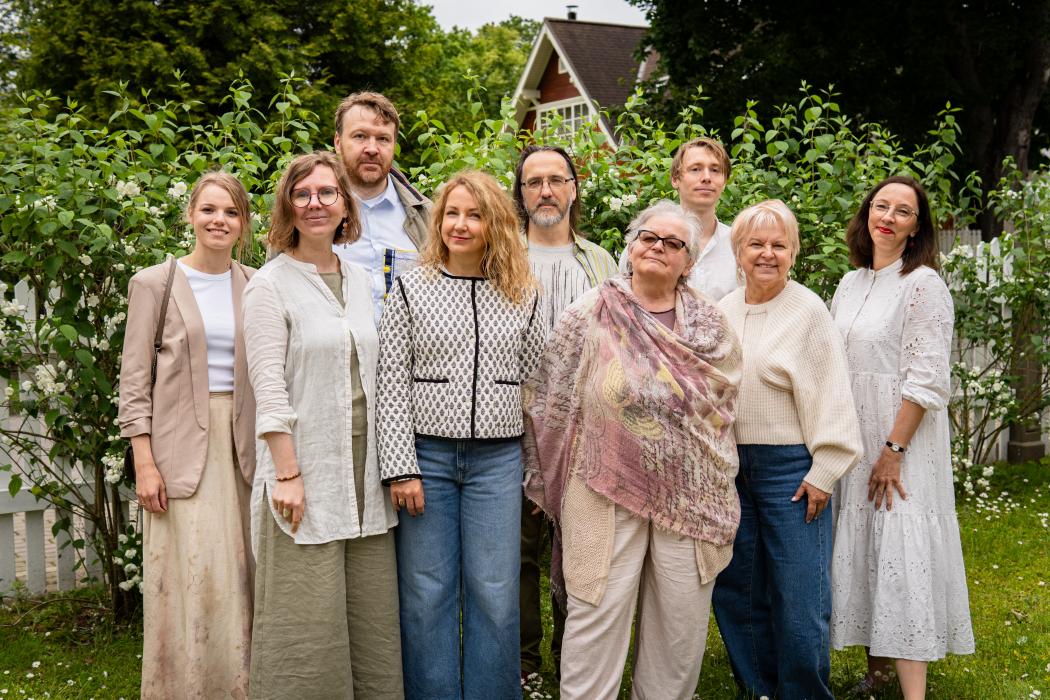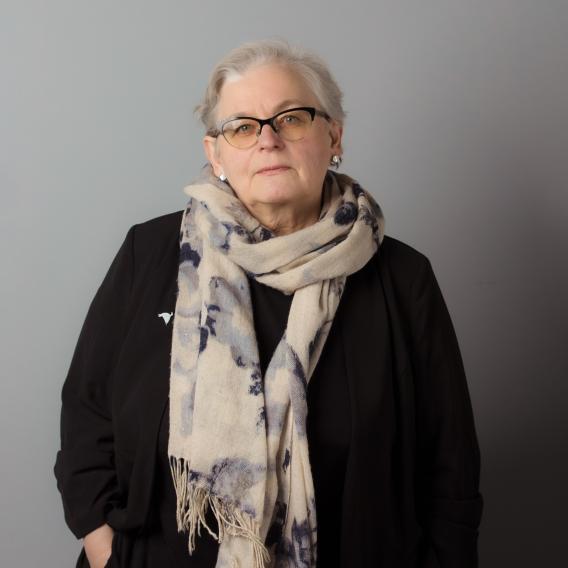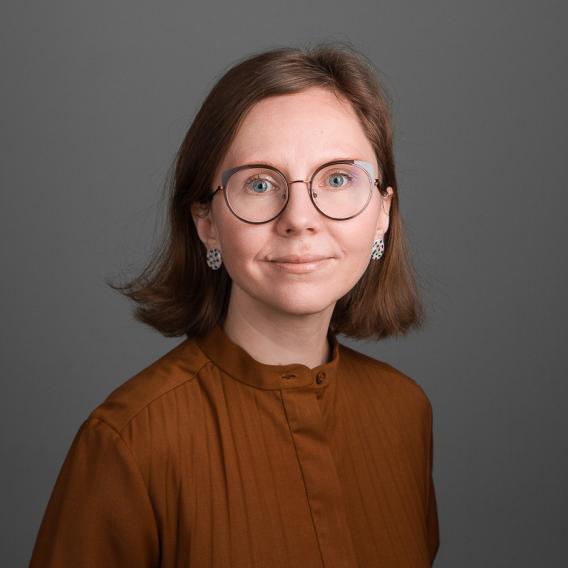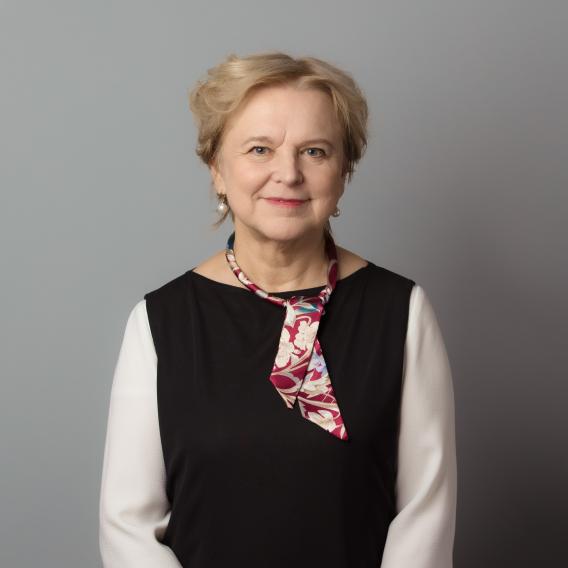Established in 1968 as the Department of Theatre, Music, and Cinema Arts, it was renamed the Department of Arts in 2022.
The department conducts interdisciplinary research in musicology, theatre, dance and performance studies, visual arts, and cultural history. Its focus lies on the political, historical, and aesthetic dimensions of art in Latvia and in broader European and global contexts. The research highlights the power and autonomy of creative agency even under repressive conditions, including exile and migration, sustaining national identity while connecting Latvia with the global cultural space.
In musicology, particular attention is given to musical modernism and its manifestations in Latvia, experiences of exile and migration, as well as Latvia’s connections to European musical traditions, including the Renaissance. Research into the Song and Dance Festival tradition reveals processes of collective memory and national identity formation, underscoring the role of art in shaping society and the state.
In the field of performance arts, the department’s researchers analyse the development of theatre and performance during periods of political and ideological transformation – from Soviet censorship and resistance strategies to postcolonial interpretations. Performance art is studied as a space for social and cultural reflection that simultaneously functions as a critical tool for interrogating dominant narratives and ideological structures. Particularly significant in the department’s research are approaches from ecocriticism and sustainability in the arts – including studies on ecotheatre, environmental performance, and art's engagement with climate change issues. Such research situates the Department of Arts within the broader field of environmental humanities.
At the same time, the department advances digital humanities approaches, employing data analysis, visualization, and artificial intelligence in the study of art and culture.
Across all areas, the department's research is characterized by an interdisciplinary perspective, integrating musicology, theatre and performance studies, visual culture, and history. Key themes include national and transnational dimensions of culture, the role of art in identity formation, the interaction between art and politics, and the creative strategies of artists in changing social and political contexts.









